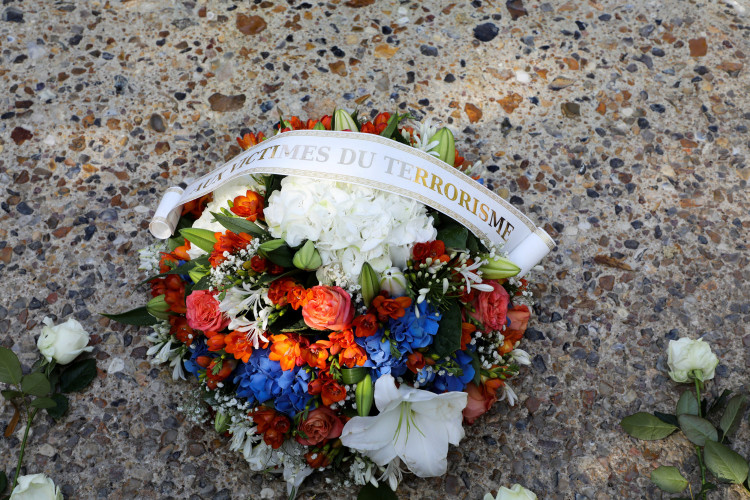A report from the U.S. State Department stated the total number of terrorist attacks worldwide in 2017 has fallen sharply by 23 percent and the total deaths because of terrorist attacks decreased by 27 percent compared to 2016.
The report released on Sept. 19 noted that the overall dropped in terrorist violence between 2016 and 2017 was driven primarily by a significant decline of attacks and deaths in Iraq.
The report noted that 100 countries in 2017 suffered insurgent attacks but a geographical pattern was predominant. Afghanistan, India, Iraq, Pakistan, and the Philippines suffered 59 percent of all accounted attacks while 70 percent of deaths happened in Iraq, Afghanistan, Nigeria, Somalia, and Syria.
Nathan Sales, who was sworn in as the coordinator of counterterrorism in August 2017, presented the report to the public on Sept. 19. In his remarks, he highlighted how the United States and its allies are working together to combat groups like ISIS,al-Qaida, Iran-backed groups, and other emerging terrorist groups who made their global ambition known across governments.
The report said that while the decline of terrorist violence is one giant step in the world's fight against terrorism, rebel groups have evolved into more complex networks in 2017. The insurgents were able to adopt a strategy to sustain resiliency against counterterrorism effort in Iraq, Syria, and Somalia.
For one, terrorist individuals who underwent training with rebel groups in Iraq and Syria have been traveling to third world countries to join ISIS branches which expanded in the region.
Worse, there has also been a dramatic increase in attacks by homegrown terrorists or those individuals who are inspired by ISIS even without personally contacting them or setting foot in Syria and Iraq. These attacks were particularly pronounced in countries far from the war zone and usually conducted in large public places like hotels, popular travel destinations, and cultural sites. Countries who suffered such attacks were Bamako, Barcelona, Marawi, Berlin, London, New York, and Ouagadougou.
The report, titled "Country Reports on Terrorism 2017," said Iran remains to be the world's leading state sponsor of terrorism. The country was also accused of provoking more conflicts and undermining the interventions of the international community in war zones like Syria, Yemen, Bahrain, Iraq, Afghanistan, and Lebanon.
The international community is also faced with the challenge of pinning down the masterminds behind Iranian rebel networks because insurgents have reportedly managed to use proxy groups such as the Lebanese Hizballah and the Islamic Revolutionary Guard Corp's Quds Force.
The report highlighted that Iran's support for terrorism does not just impact the Middle East but has slowly been graining grounds around the world.






